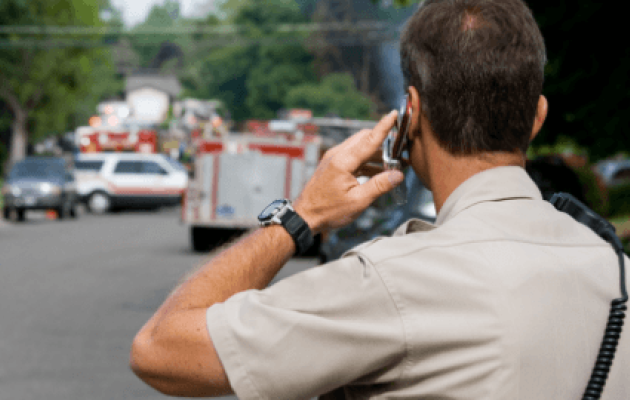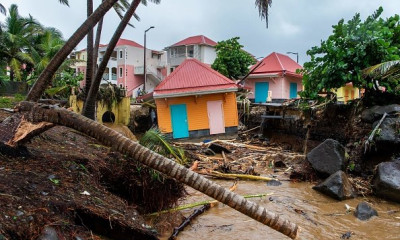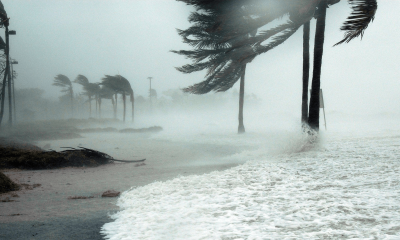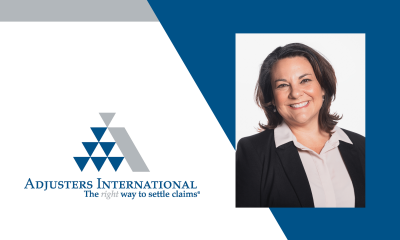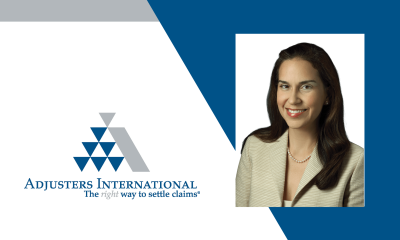Tips for Home and Business Owners During National Preparedness Month
September kicks off National Preparedness Month - where planning experts give their best advice for home and business owners to help mitigate the adverse effects of a disaster.
Participants include ready.gov, the American Red Cross, the CDC, and us – Adjusters International!
All month long we will be providing guidelines on how to prepare your home, business, family, and/or community for a crisis situation.
Week 1: Make and Practice Your Plan
In a disaster setting it is vital that your family, employees, and others know how to reach you and that they also understand what to do to ensure their own safety. Disasters, natural or man-made, can happen without notice leaving your family and friends vulnerable to many dangers. Making a plan in advance, and practicing that plan can help organize an otherwise chaotic situation.
Week 2: Learn Life Saving Skills
Learning lifesaving skills such as CPR can be crucial in a crisis situation when help is needed. There are many ways to make yourself an asset to your family, friends, neighbors, and community should a disaster ever occur.
Week 3: Check Your Coverage
Insurance policies carry coverages and many exclusions. Knowing what will be reimbursable post-storm is essential to your recovery financially and also a great strategy for planning in advance.
Week 4: Save For An Emergency
In the event of a disaster, banks may be closed, internet access may be down, ATMs may not have power, and your credit/debit cards may be useless. It is important to have cash on-hand in case these situations occur. Sources state that having three-to-six months’ worth of cash on-hand to cover all expenses is the standard rule. Expenses would include the necessities such as food, clothing, shelter, and your regular bills.
This blog discusses how to begin an emergency fund:
Join in the preparedness conversation this month with us by using #NatlPrep!

